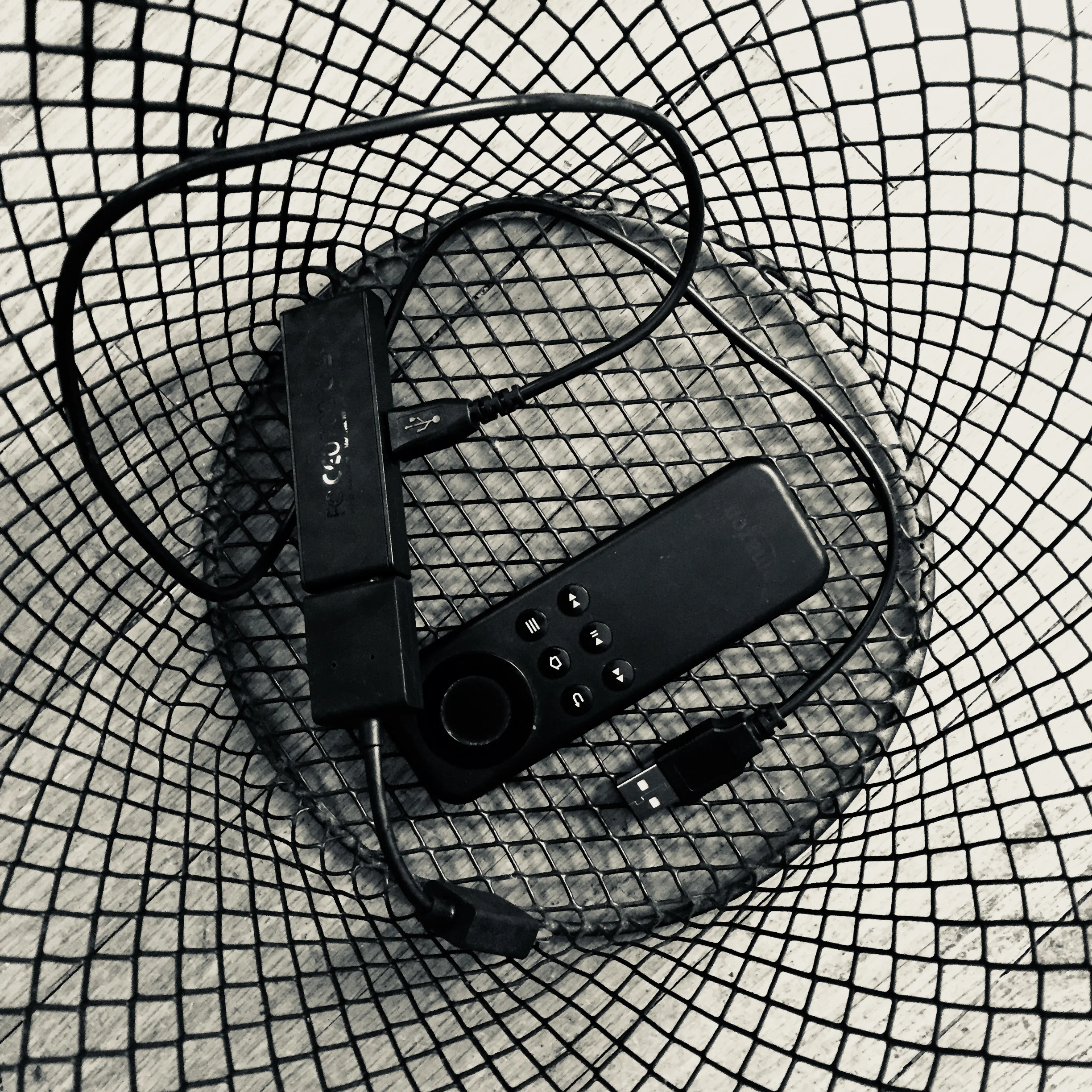A couple of nights ago we had dinner out on our deck overlooking the yard we have been landscaping over the past few years. It was a beautiful evening. We enjoyed the breeze, the bird songs, and the conversation. As darkness fell, I brought out some kerosene lamps to provide some gentle illumination. My son brought out his laptop and entertained us with selected YouTube videos streamed from the house's wireless system.
He went through a series of baby panda videos. One I remember showed a baby panda sneezing. This caused its mother to give a startled response. We watched the sneezing panda at least half dozen times and laughed each time we saw the mom's response.
This little experience was a good example of how broadcast and cable TV might be suffering from declining viewership among younger people. Why watch TV when you can find a sneezing panda video on YouTube?
I also remember thinking it would be nice to watch the sneezing panda on the big TV in the living room instead of the small laptop screen. That's why the announcement by Apple of its deal with YouTube to deliver videos through Apple TV could be commercially important.
When I upgrade my TV I'm going to get one of these devices. It's not just baby pandas I'm interested in. I'm hoping that a large crop of documentaries will emerge that can be easily selected through an iTunes like interface.
I'm not naive to think that the Forces of Darkness won't fight the choice and availability of programming that this scenario suggests. Just listen sometime to the arguments cable industry folks make in opposition to a la carte program choice.
Given the rapid growth in distribution alternatives, it's not clear how much longer this restriction on choice can survive, especially when people start to see the flexibility and choice sources such as YouTube provides. Forcing cable customers to pay every month for access to channels they don't want is going to be harder and harder to justify in the face of competition from the likes of Apple and YouTube.
- This article is also available on the Social Media Today web site, which is located here.

